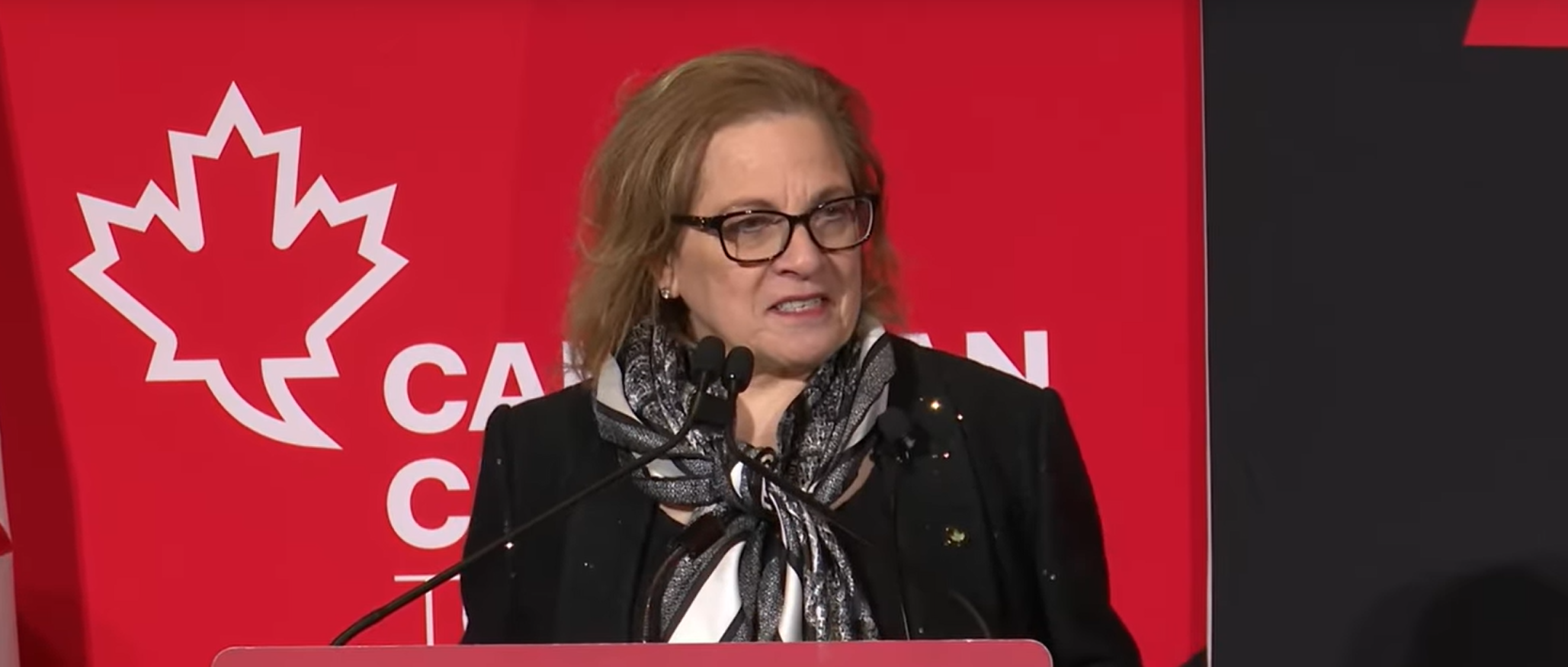Experts call for urgent fiscal discipline amid ballooning deficits
On the other side of the fiscal spending debate, a report from the C.D. Howe Institute urges the government to cancel or delay expensive campaign promises.
With no federal budget in sight and Canada’s deficit projections worsening, Ottawa must urgently shift course, according to William B.P. Robson, Don Drummond and Alexandre Laurin, who call for immediate fiscal discipline and a reset of federal priorities.
“What Canada needs in the next federal budget,” the authors write, “is a clear departure from a status quo that adds $300 billion in federal debt while doing nothing to raise investment and productivity.” They argue that this trajectory “will make Canada more vulnerable, not less.”
The federal government has said it will not present a budget until the fall, a delay the authors call especially damaging given the current high spending trajectory.
Least damaging option
“It seems surreal to contemplate introducing another $28.3 billion in deficit-increasing platform measures this fiscal year, when the projected deficit would already be close to $60 billion,” they write.
They identify more than $10 billion in planned infrastructure transfers and $3.1 billion in smaller-scale programs as opportunities for deferral or reallocation.
The authors note the C.D. Howe Institute’s Shadow Budget proposes $97 billion in non-defence program spending cuts over the fiscal plan’s horizon. Achieving this, they stress, “requires strong leadership from the very top.”
Warning that high personal and corporate tax rates already hinder growth, the report recommends raising the GST if new revenues are necessary. “The least damaging option is to raise the GST rate,” they state, calling it a better alternative than further increases in income taxes.
The report urges reductions to federal transfers for programs outside Ottawa’s jurisdiction. “Deficit-financed federal transfers are less consistent with fiscal sustainability and accountability than tax-financed ones,” the authors contend, even if provinces respond by raising their own consumption taxes.
The authors’ updated projections show average annual deficits of $78 billion over four years—even in an optimistic scenario. Excluding speculative savings, the shortfalls climb to $86 billion per year, pushing the net debt-to-GDP ratio to 44 percent.
Even without new initiatives, baseline deficits remain high, averaging $66 billion annually.
New defence commitments, pledged at the recent NATO summit, could further strain the budget. Canada has agreed to raise defence and security spending to 5 percent of GDP by 2035. “New defence commitments could add a staggering $68.4 billion to the deficit under this scenario” over 10 years, the report warns.
The delay in presenting a budget leaves Canadians in the dark. “Delaying a budget until the fiscal year is more than half over is never good,” the report states, “but Canada’s current high spending trajectory makes this delay especially bad.”





